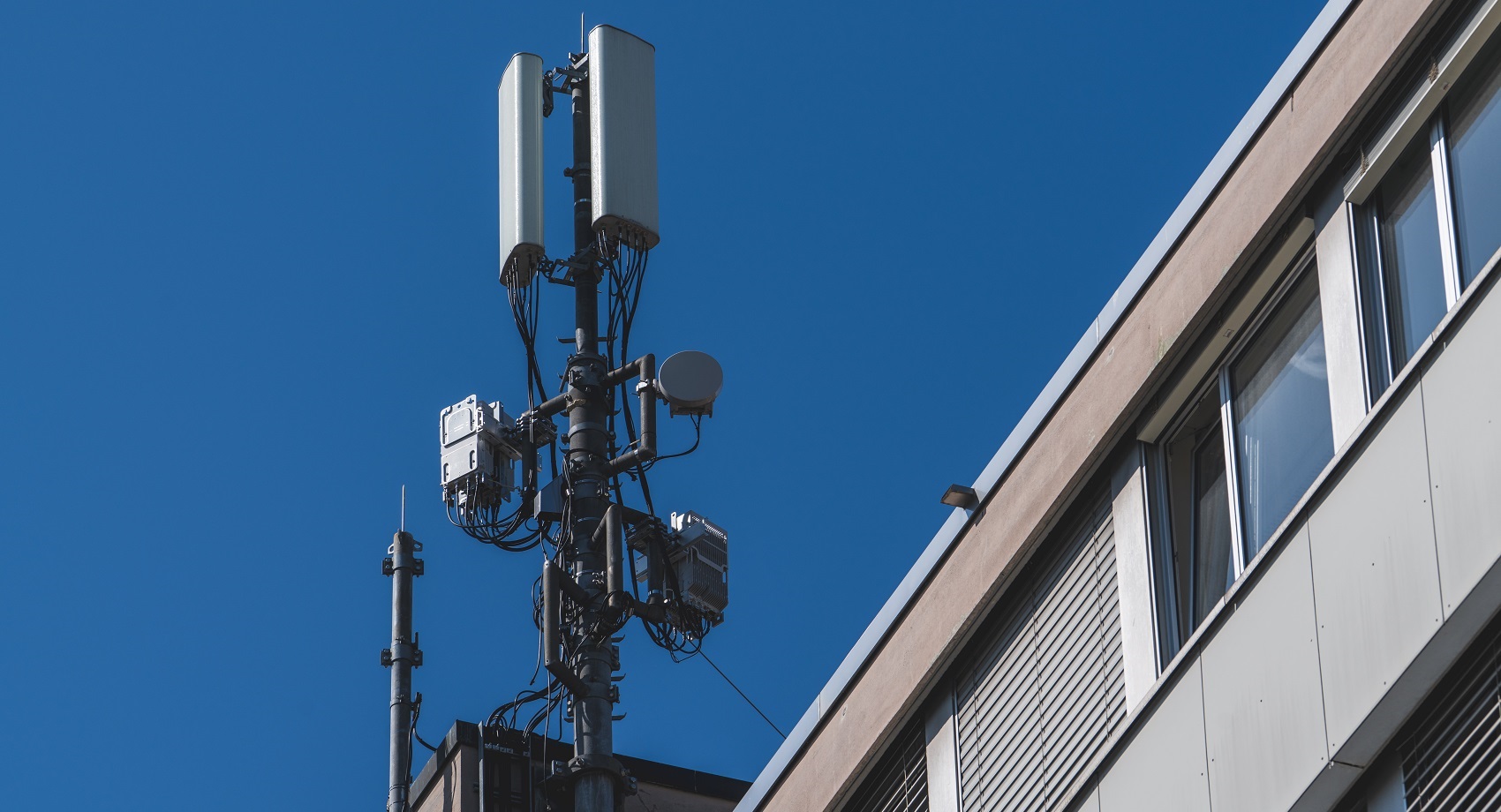Since December 2017, telecoms operators have had statutory rights to install equipment on land and buildings of both public and private landowners. While the parties are encouraged to agree terms consensually, landowners can’t, in short, say no.
This situation could put a council or public sector organisation in a difficult position. They are obliged to host equipment if they have no immediate plans for redevelopment, but doing so could hold them back from getting the most out of their assets. A council may want to redevelop a property in the medium to long term, for example, but may be constrained by the presence of telecoms equipment.
With the right advice, telecoms equipment need not hold anyone back from managing their assets in the best possible way. In contrast, the right agreement could provide welcome income as well as benefits for the local area. It boils down to negotiating the best terms in the first place - and ensuring the operators stick to them as the years pass by.
The legal position
The Electronic Communications Code came into force following the passing of the Digital Economy Act 2017. It was born from the government’s desire to boost connectivity across the country in the wake of technological advancements. Today, most people will agree it is essential to have good mobile connectivity to allow them to live and work in the digital world.
The obligation for landowners to allow operators to host equipment on their land and assets is the government’s attempt to push forward the installation of adequate digital infrastructure. To the landowner, this should bring a benefit. As well as rent from the operator, councils ensure residents are well connected, which could be a catalyst for growth in the neighbourhood.
However, some public sector organisations might feel they have been put in a difficult position. Telecoms equipment is generally considered unattractive and, more importantly, can get in the way of making the most out of an asset.
Take affordable housing, for example. Councils are under pressure to offer as much social housing as possible, without being held back in their plans for redevelopment or refurbishment by the presence of telecoms equipment. The answer is to negotiate and manage the best possible terms for the landowner.
Get the lease right from the beginning
Telecoms equipment could be in place on a building for as long as 30 years. It is therefore in the interests of both parties to work together to get the most out of the situation.
Operators also want to get the relationship right because with statutory powers comes responsibility. They have a governmental obligation to roll out equipment across the country to boost connectivity. They will want to negotiate a deal that works for the long term, as their investment to install the equipment could be as much as £500,000.
Over the years, LSH has built up its public sector client base and relationships with telecoms companies. Today, we’re the largest advisor supporting public sector organisations in telecoms. Our clients include central London councils including the City of London, Camden and Southwark, as well as organisations such as the BBC and HM Courts and Tribunal Service. The team negotiates directly with operators such as Vodafone and EE, to get the best terms for landlords to host their equipment on their real estate.
We start by making sure the landowner is fully aware of what equipment the operator wants to install, what the likely income might be and how the lease will be reviewed on an ongoing basis. Regular upgrades might be needed, which can be costly and disruptive to residents.
An ongoing relationship
Once terms are agreed, our team oversees planning, acquisition and the build process. Once a site is built we ensure the operator carries out all upgrades or maintenance in line with the lease, minimising disruption to other tenants and securing additional revenue wherever possible.
Another consideration is if a contract passes to a different operator, which often happens. If the equipment does change hands during the course of the agreement, our team ensures the process is tightly controlled so as not to impact the landowner.
Crucially, landlords need to ensure that a lease contains sufficient redevelopment or refurbishment provisions. During the 20-year lifespan of equipment, it’s likely that a landlord might need to carry out work on the building - perhaps even redevelop it completely.
This is becoming more common as public sector organisations face pressure to improve energy efficiency. They may want to install solar panels or heat pumps, but are restricted by telecoms equipment. In this case, a landlord may want to ensure they retain control of a majority of the rooftop or are able to relocate equipment at their discretion.
Turn redevelopment into an opportunity
We have helped several councils who have faced the need to redevelop a building that hosts telecoms equipment. A residential tower block in central London was condemned. We managed to negotiate with the operator to relocate the telecoms equipment installed on the building to two new sites to allow for the demolition and subsequent redevelopment. Our team managed the removal of equipment, surrender of the existing lease, negotiated the terms for both new sites and their subsequent installation.
The benefits to both parties were numerous. The council was free to redevelop the building while maintaining both the income from telecoms and the coverage for residents from the alternative sites. The operator experienced no drop in coverage at all due to the careful transition.
We were also able to negotiate with a national telecoms operator to facilitate recladding and re-roofing at another high rise block. The scale of the refurbishment meant removing all their equipment and reinstalling it once work was complete.
All this work was carried with all costs of the removal & relocation being met by the operator. If the right terms aren’t included in a lease in the first place, councils face a real risk of being liable for the costs of removing and reinstalling equipment.
However, when armed with the right advice, councils can reduce the risks associated with hosting telecoms equipment and negotiate excellent terms that put them in a stronger position for the long term. We are proud to work with public sector organisations nationwide from start to finish providing lease advisory, technical consultancy and property management for telecoms sites to help them benefit as much as possible.
Get in touch

Email me direct
To:
REGISTER FOR UPDATES
Get the latest insight, event invites and commercial properties by email







